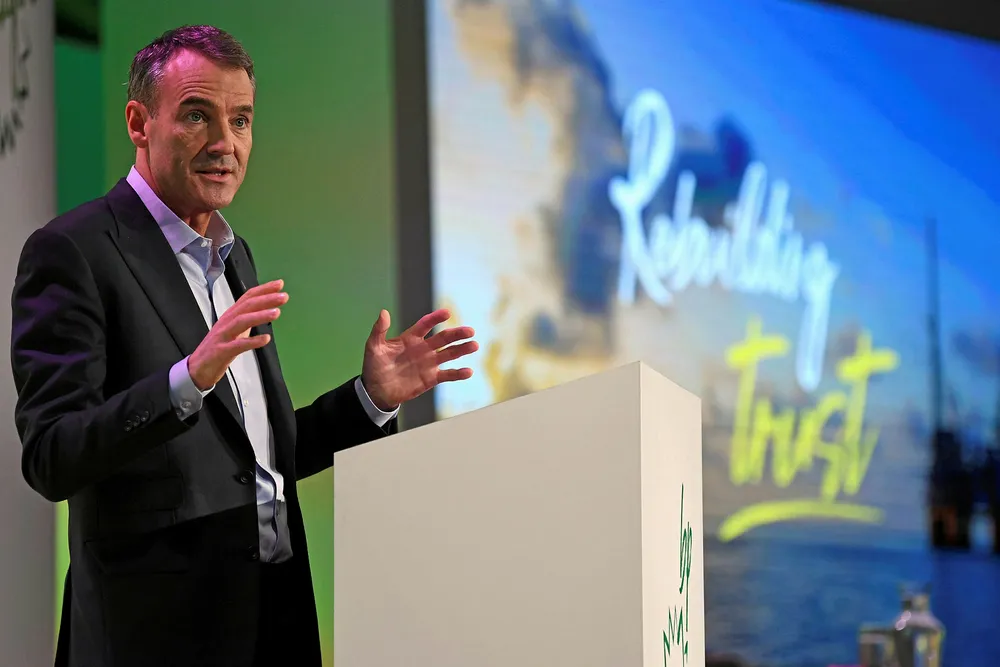BP takes down Heathrow Airport 'greenwashing' advertising
Supermajor aims to redirect funding to actively advocate for progressive climate policies, says boss Looney

Supermajor aims to redirect funding to actively advocate for progressive climate policies, says boss Looney
